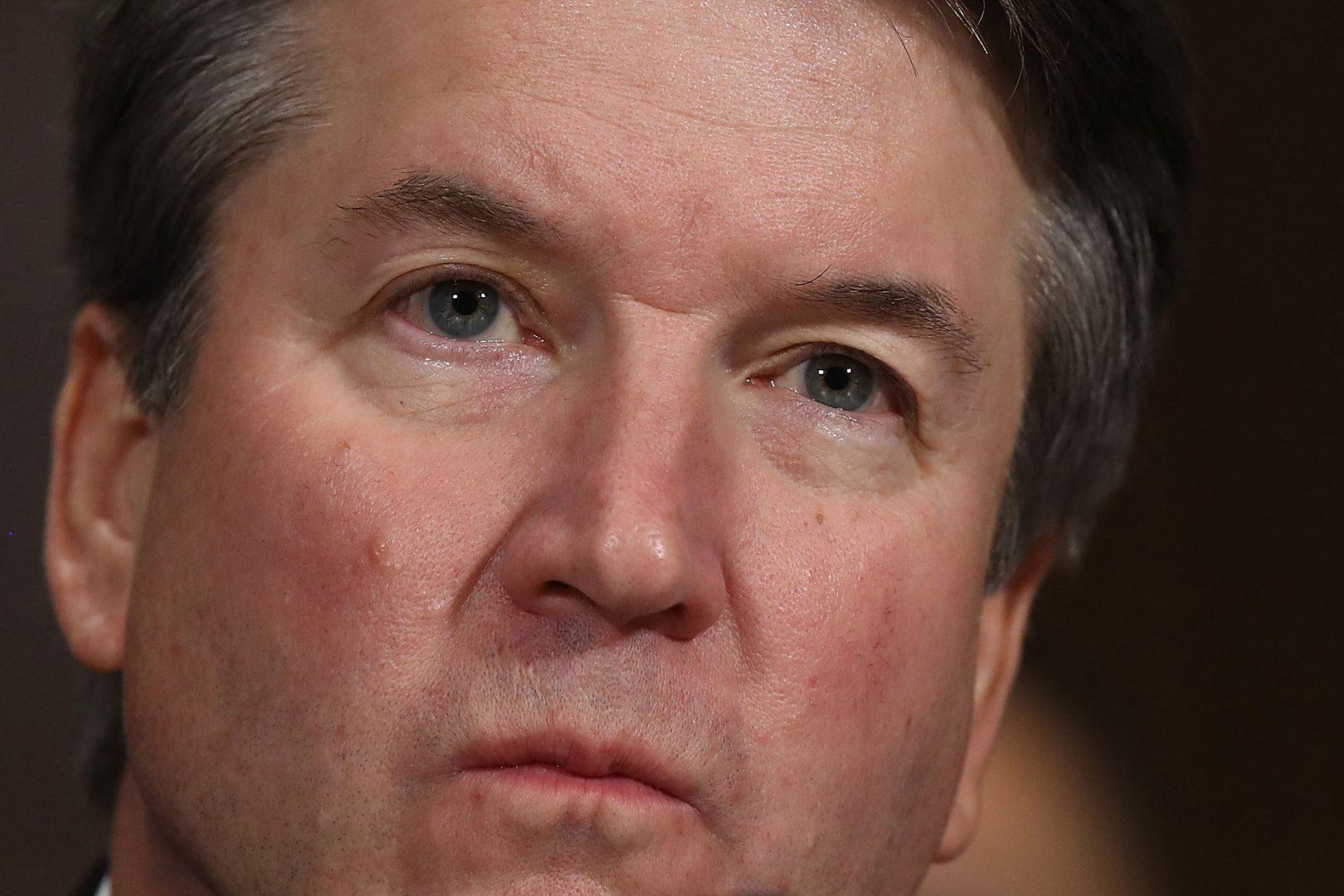President Donald J. Trump has ordered the FBI to conduct a background check on Supreme Court nominee Brett Kavanaugh following accusations of sexual assault by Dr. Christine Blasey Ford.
Trump’s decision to call for an FBI investigation came at the request of the Senate Judiciary Committee to do so before the nominee’s confirmation moves before the full Senate. Kavanaugh and Ford faced the committee on Sept. 27 to answer questions about the allegations.
The controversy surrounding Kavanaugh’s nomination has ignited a national discussion about the treatment of men or women who say they are victims of sexual assault.
Dr. Leece Lee-Oliver, professor in the women’s studies department at Fresno State, asserted that the proceedings regarding Ford’s allegations are the result of the long-standing subjugation of women by constitutional laws that favor men.
“The legal burden on women to prevent their own rape can be visible in the law,” Lee-Oliver said. “I don’t think that Dr. Ford is being treated justly, even if the justice system and the protocol has been done correctly.”
Members of the Senate Judiciary Committee who favor Kavanaugh’s side of the story have acknowledged the possibility that Ford may have been the victim of some form of sexual assault at one time or another, but insist Kavanaugh was not the perpetrator.
“Sympathy and protection are not the same thing. Sympathy can be, ‘I’m sure you were assaulted by somebody, just not him,’” Lee-Oliver said. “You’re hearing also the undertone that people believe you’re lying or confused.”
Lee-Oliver said this dismissal of Ford’s account or attributing her accusation to misremembering the details of the event are residual symptoms of a society that has long discredited the accounts and experiences of women in favor of the male perspective.
One in three women will experience sexual assault at some point in their lives, according to Lee-Oliver, and it would seem Ford’s testimony is a statistical likelihood. The notion that her story is only being told to prevent Kavanaugh’s confirmation is a separate matter.
This isn’t the first time the Senate has attempted to block a Supreme Court justice nomination, nor is it the first time a nominee has been accused of sexual misconduct.
Dr. Thomas Holyoke, political science professor and chair of the academic senate at Fresno State, related that the struggle for Supreme Court justice confirmations dates back to 1987. Then, President Ronald Reagan’s appointee, Robert Bork, was denied by a Democratic-controlled Senate.
Later, in 1991, Supreme Court Justice Clarence Thomas faced allegations of sexual harassment made by Anita Hill, an attorney and former employee of Thomas’ at the Department of Education.
Hill’s allegations were leaked after Thomas’ confirmation hearing. Following Hill’s testimony, a 7-7 split of the Senate Judiciary Committee’s vote sent Thomas’ nomination to the full Senate floor without a recommendation, where he was eventually confirmed.
“An awful lot of women at the time felt that this was really a blow against them, that sexual harassment just didn’t matter to the Senate,” Holyoke said. “That left a really bad taste in everyone’s mouth.”
Holyoke noted that Kavanaugh’s alleged personal conduct is not the only controversy surrounding his nomination.
Outgoing Justice Anthony Kennedy has been known to be a swing vote that has historically broken 4-4 ties between liberal and conservative judges. Kavanaugh’s political ideologies are known to be strongly conservative, and Democrats fear his presence on the Supreme Court bench would cement a rigid conservative position in future Supreme Court rulings.
Should the FBI investigation prove inconclusive, the next step in the process would entail Senate Majority Leader Mitch McConnell scheduling the final confirmation vote, which could come as early as this week.
According to Holyoke, this vote would depend heavily on four senators who have yet to confirm their decisions. Two of them are Republican senators, Susan Collins of Maine and Lisa Murkowski of Alaska — both of whom are moderate, pro-choice and have expressed skepticism on Kavanaugh.
The other two are Democratic senators, Joe Manchin of West Virginia and Joe Donnelly of Indiana, both of whom are up for re-election in November, and their votes could have significant impact on public opinion and, in turn, their election hopes.
“It’s tricky. Republicans are in some treacherous waters. They could easily get to a point where they confirm Kavanaugh, but upset so many voters in the process that they lose control of the Senate,” Holyoke said. “This is a minefield they’re in, no question about it.”




